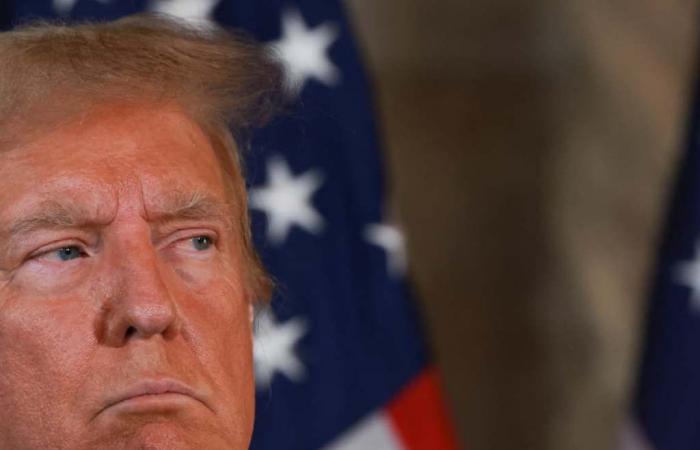A judge in July dismissed charges against the former US president, who was accused of keeping confidential documents after leaving the White House at his Mar-a-Lago residence in Florida.
Special counsel Jack Smith asked a federal appeals court on Monday to overturn a lower court judge’s decision to dismiss charges against former President Donald Trump for withholding classified documents after he left the White House.
Even if the appeals court ruled in favor of the prosecutor, a possible trial of the Republican presidential candidate would in all likelihood not be able to take place before the November 5 election.
In his written arguments, Smith accuses Florida Judge Aileen Cannon of making a complete mistake in ruling on July 15 that his appointment as special prosecutor in the case and the funding for his work violated the Constitution’s sections on appointments and expenses.
Accused of trying to destroy evidence
In doing so, it “departed from authoritative Supreme Court jurisprudence, misinterpreted the laws authorizing the appointment of the special prosecutor, and failed to adequately consider the long tradition of appointments of special prosecutors by justice ministers,” he said.
“His reasoning could compromise the established functioning of the Justice Department and call into question hundreds of appointments within the executive branch,” including in Defense, Diplomacy and the Treasury, adds Jack Smith.
The defense now has thirty days to respond, then the special prosecutor will have three weeks to formulate a counter-argument.
In the case, one of four criminal proceedings against Donald Trump, he was accused of compromising national security by keeping documents, including military plans and information on nuclear weapons, in his private residence after the end of his presidency, instead of handing them over to the National Archives as required by law.
He was also charged with attempting to destroy evidence. The most serious charges carried a maximum sentence of 10 years in prison.






